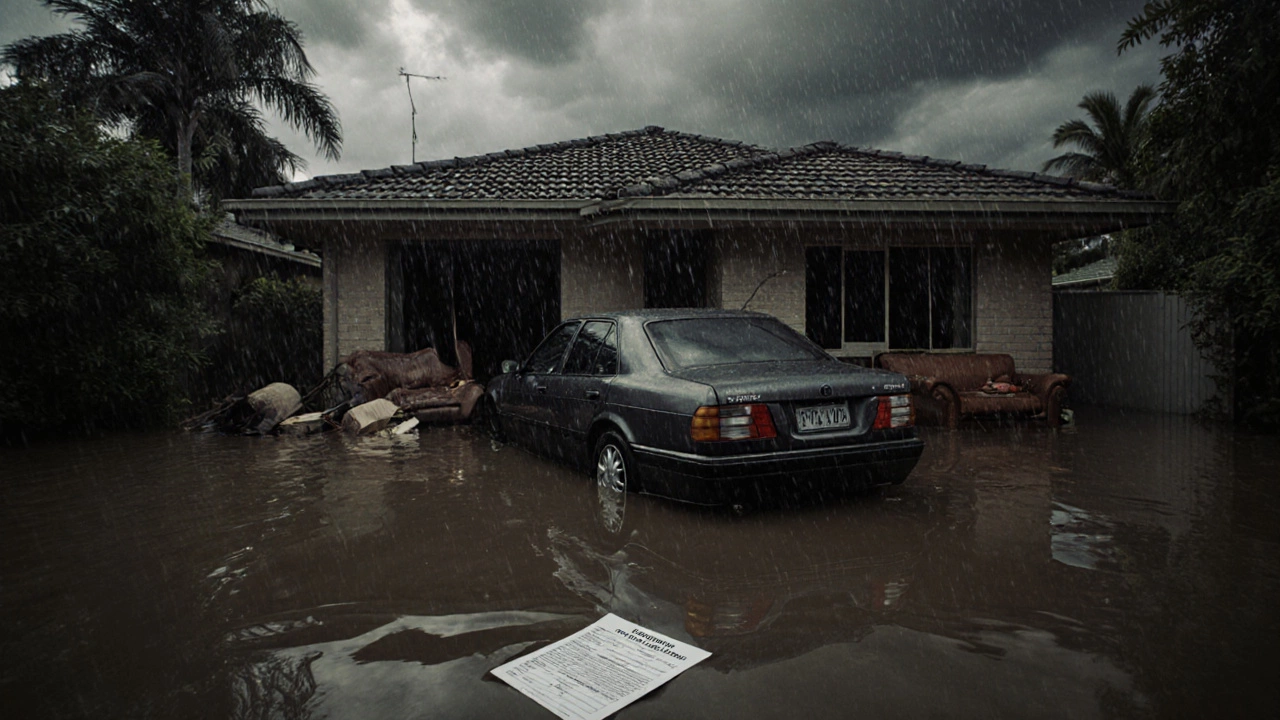When you think about home insurance, a policy that protects your house and belongings from damage, theft, or disasters. Also known as house insurance, it’s not just a requirement—it’s your financial safety net when things go wrong. But in 2025, home insurance isn’t what it used to be. Rising repair costs, more frequent storms, and new tech-driven risks are forcing insurers to change how they price, cover, and handle claims. If your policy hasn’t been reviewed in the last year, you might be overpaying—or worse, underprotected.
One major shift? The home insurance deductible, the amount you pay out-of-pocket before your insurer steps in is climbing fast. More people are choosing higher deductibles to lower monthly premiums, but that means you need real cash on hand when disaster hits. A $2,500 deductible isn’t rare anymore, especially in flood or wildfire zones. And if you’re not sure whether a high or low deductible suits your budget, you’re not alone—this is exactly what the latest guides are helping homeowners figure out.
Another trend? People are switching policies more often than ever. Thanks to better online comparison tools and aggressive discounts from new providers, switch home insurance, the process of changing your current home policy to a new one has become simple, fast, and smart. You don’t need to wait for renewal—many insurers let you switch mid-term with no penalty. And if you’ve been with the same company for five years, you’re probably paying more than you should. The data shows people who compare once a year save an average of £300.
It’s not just about price. Coverage is evolving too. Insurers now track things like smart home devices, roof age, and even your neighborhood’s crime rate to set rates. Some offer discounts if you install smoke alarms, security cameras, or water leak sensors. Others are dropping coverage in high-risk areas entirely. That’s why understanding your policy’s fine print matters more than ever.
And while home insurance is the main focus here, it’s connected to bigger financial moves. For example, if you’re thinking about unlocking equity from your home through equity release, a way for older homeowners to access cash tied up in their property without selling, your insurance status can affect eligibility. Lenders often require proof of up-to-date home insurance before approving a lifetime mortgage. It’s not just a policy—it’s a gatekeeper to other financial options.
What you’ll find below isn’t just a list of articles. It’s a practical toolkit. You’ll see real examples of how people saved hundreds by switching policies, how a $500 deductible could cost you thousands in a claim, and why the cheapest quote isn’t always the best. There are step-by-step guides on comparing policies, checklists for reviewing coverage, and clear breakdowns of what’s changing in 2025. No fluff. No jargon. Just what you need to make sure your home—and your wallet—are truly protected.

Home insurance rates didn't drop in 2024 - they rose by 8.7% on average. Learn why premiums increased, which areas were hit hardest, and what you can do to lower your costs now.